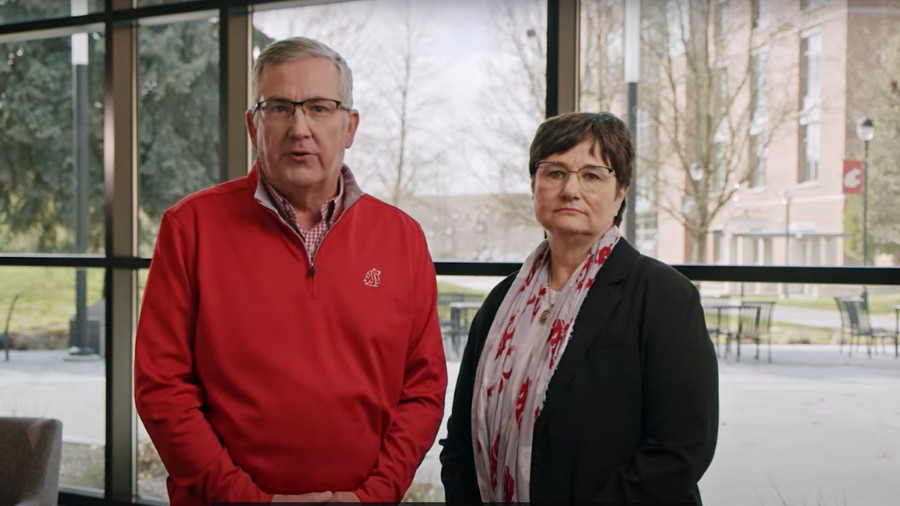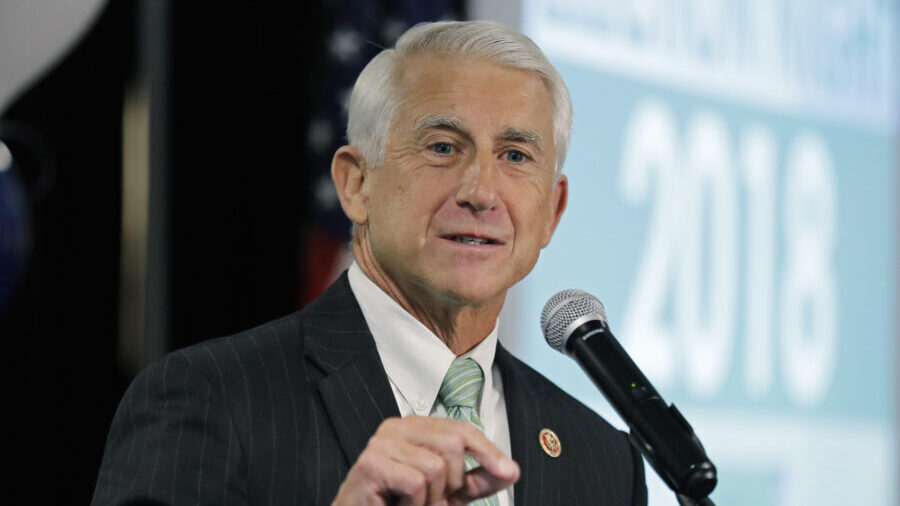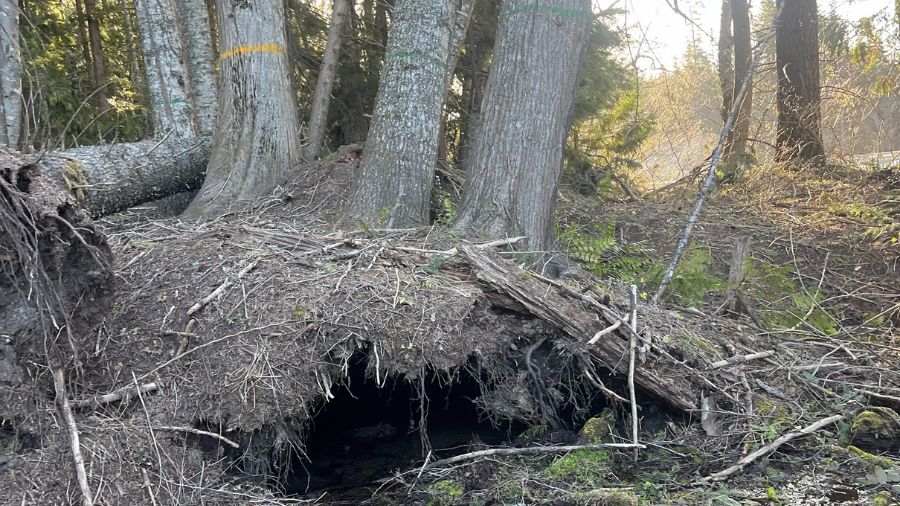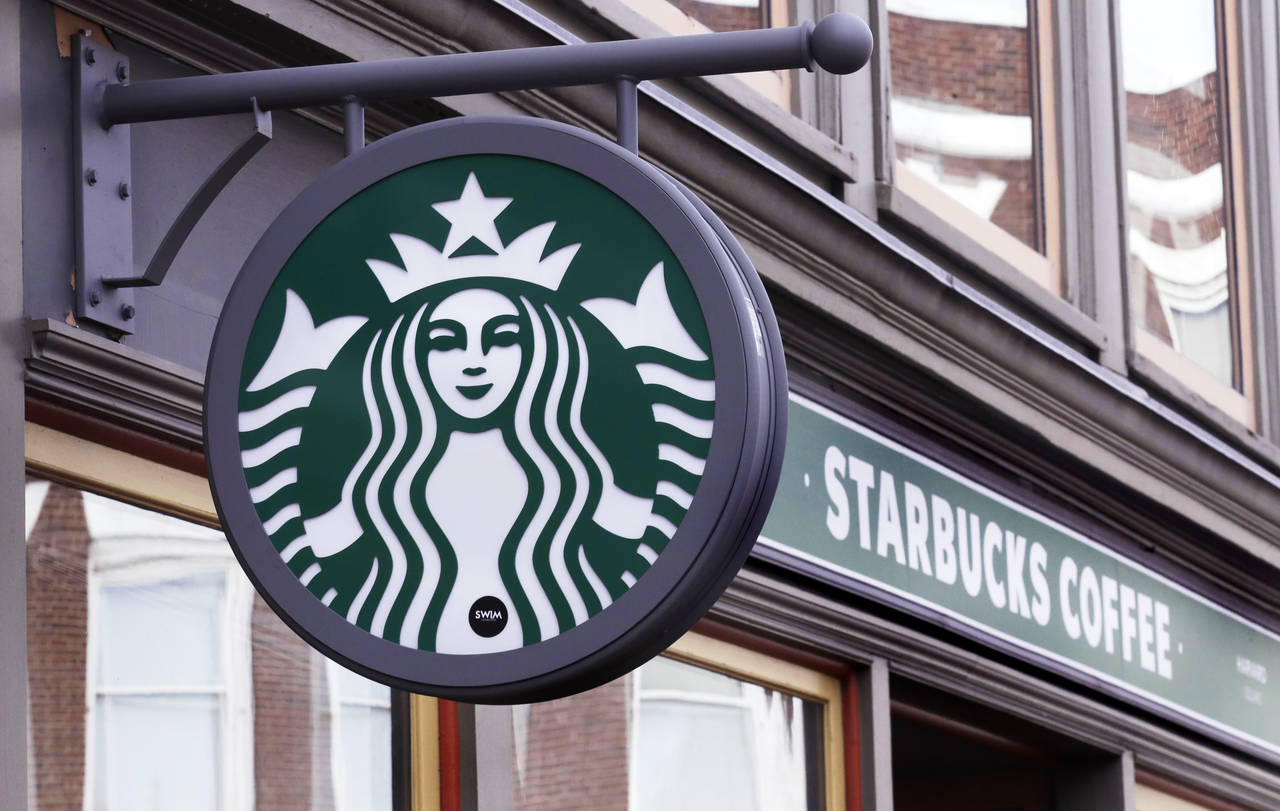Plant Based Food Share supports small farms, feeds families in recession
Mar 17, 2021, 1:48 PM
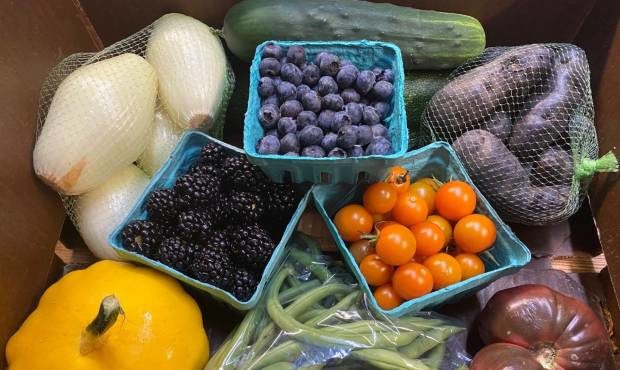
A selection of the healthy choices Angel's Acres puts in the boxes. (Photo courtesy of Angel Mitchell)
(Photo courtesy of Angel Mitchell)
One year ago, the COVID-19 pandemic hit, bringing with it economic devastation across the state.
In those 12 months, King County has seen a 20% hike in people on food assistance. And one in 10 county residents say they don’t get enough to eat — that’s nearly double the pre-pandemic figure.
Seattle personal chef Ariel Bangs knew as soon as COVID hit the Northwest that people were going to go hungry.
“I realized, ‘Oh, we need to support more people around getting food, because everybody is going to be shut in,'” she said.
Seattle cyclists deliver food to needy families during pandemic
Bangs runs a business called Healthy Creations, which helps advise people on how to cook nutritious meals and grow their own food.
Taking those skills, she started an all-volunteer program called the Plant Based Food Share to get boxes of fresh produce to families in need.
“We have so many volunteers from so many different walks of life, with so many different [areas of] expertise,” Bangs said. “We have people that are like, ‘I have a background in fundraising, and marketing, and PR, grant-writing, research.'”
Driven entirely by donations and grants, the program delivers enough healthy, vegan foods in each box to last the average family an entire week. There are also recipes for easy and nutritious meals that can be made from those ingredients, and materials to grow vegetables at home, as well as COVID safety items like masks.
But it’s not just a lifeline for those who receive the food; it’s also critical for those who grow it.
“I was really intentional about wanting to support small, family farms, small BIPOC-owned (Black, Indigenous, people of color) farms, small businesses,” Bangs said.
Larger farms tend to have contracts with grocery chains, which have sustained those farms through the pandemic.
“Traditionally, most of all the produce is purchased from corporate farmers, people who have the ability to be a little bit more well-known,” Bangs explained.
But smaller farms are left suffering due to the pandemic. Small restaurants that buy from their local farms have closed or reduced their hours, canceling their produce orders. And with fewer people getting out and less spending money flowing, farmers’ markets have suffered a drop in sales.
This is something Angel Mitchell noticed when she bought her Port Angeles-area farm, Angel’s Acres, last year.
“There was an existing customer base at the farmers’ market, but it wasn’t as strong as it had been in previous years,” she said. “Of course, numbers were down in 2020.”
It was a bold move to purchase a new business during a pandemic and recession, but Mitchell wanted to get into an industry that would feed people at a time when so many were going hungry.
Luckily, with its purchases of produce from Mitchell each week, the Plant Based Food Share helped make up for the loss in sales.
“That was such a blessing — I don’t know what we would’ve done without Plant Based Food Share in our first month of operating the farm,” Mitchell said. “Plant Based Food Share really stepped in and helped us build our capacity.”
That also meant far more food going to hungry people, instead of to waste.
“Being new farmers, we would be looking around and like, ‘Oh my gosh. We have 50 pounds of cucumbers. I didn’t even know these cucumbers were planted,'” she said. “Plant Based Food Share absolutely helped with reducing our food waste.”
In seeking out small and organic farms, the Plant Based Food Share especially focused on farms owned by people of color.
As Mitchell explained, the Black community does not have a history of owning land.
“The historic barriers for a lot of us with land, all of these things really kind of cut us off from being a part of an ecosystem,” she said.
And it comes full-circle. As food and seeds are delivered to BIPOC communities, they now get the chance to grow their own vegetables — even if it’s from the windowsill.
“We’re going to teach you how to grow your own food — which, because we’re not normally able to do that, because we don’t have property, that’s one gain,” Bangs explained. “The other is, you’re going to get really great produce that you can play around with every week.”
Bangs said they make a point of reaching out to BIPOC communities with the produce boxes because of the traditional difficulties that marginalized populations have had with getting healthy food.
“They’re not able to access the farmers, they’re not able to access the chefs or even the small businesses, because people are working, their heads down, they don’t really have a lot of money, it’s really expensive to live in Seattle,” Bangs said. “And if you live out of Seattle, then there’s another factor because how are you going to get the things? Maybe you don’t have a car, or maybe you work all the time.”
It’s an effort that has made a difference in lives across the Puget Sound.
“We are stronger together, and it’s good to go out on a limb and support people that you don’t consider first,” Mitchell said.
Now, the Plant Based Food Share is celebrating its first birthday this week — after getting food to 35,000 people in the greater Seattle area in that first year. And the movement shows no signs of stopping anytime soon.
“It’s been really amazing just how this has transformed, where we thought [at first], ‘Oh, we’ll probably get food to like 20 people,’ which we did when we started,” Bangs said. “And then it just kept growing.”
To fuel that expansion, the Plant Based Food Share is in need of volunteers and donations — including donations of food, soil, and farm equipment. You can sign up to lend your help — or to receive a food box — at the Plant Based Food Share’s website.


